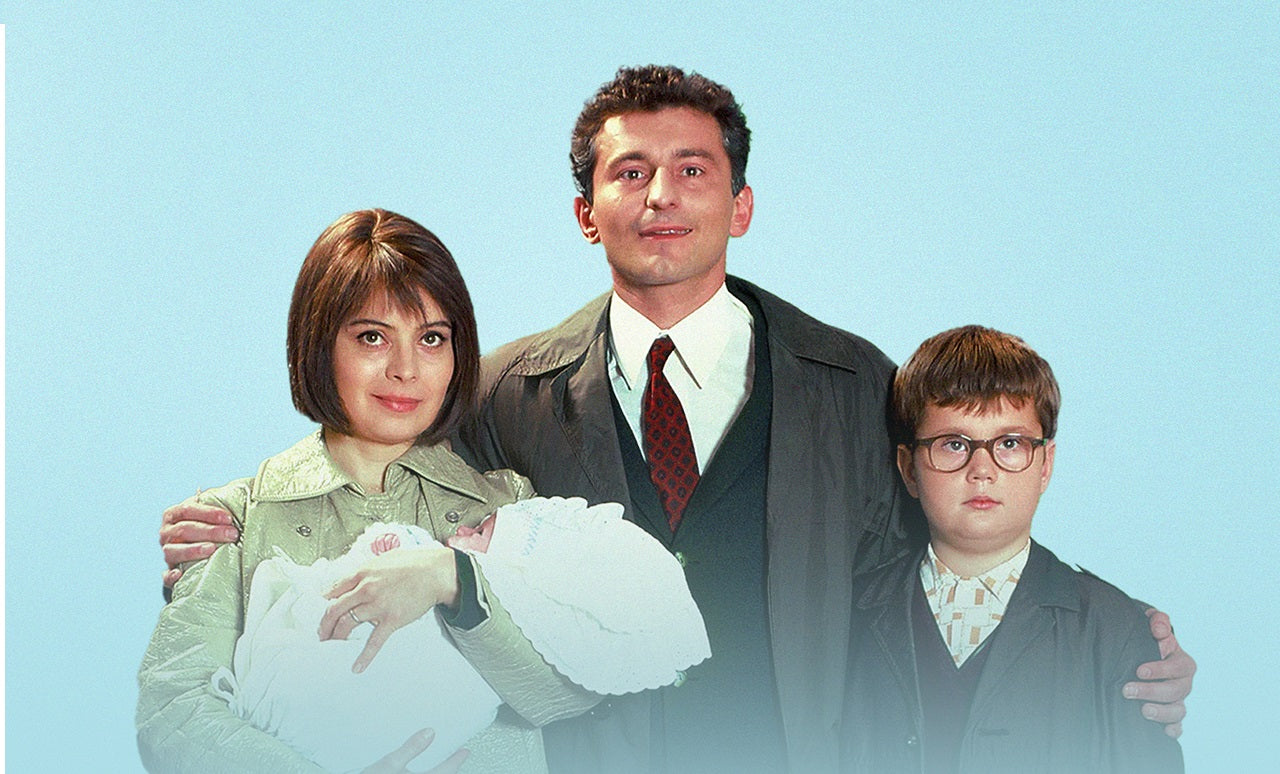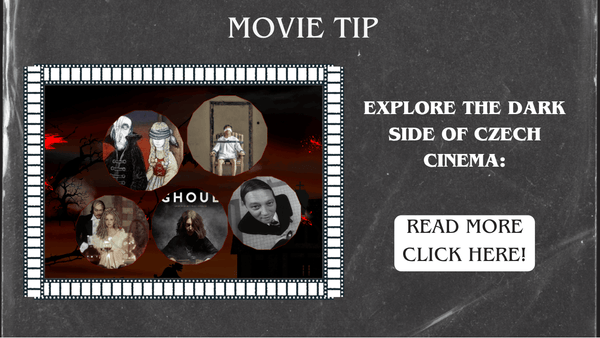Wunderbare Jahre, die zum Kotzen waren: Ein zeitloser tschechischer Klassiker

„Wunderbare Jahre, die zum Kotzen waren“ (Báječná léta pod psa) ist einer jener seltenen Filme, die man mehrmals im Jahr sehen kann, ohne dass man sich jemals daran sattsieht. Basierend auf dem beliebten Bestseller von Michal Viewegh erzählt der Film die Geschichte einer ganz normalen Familie, die sich während der Normalisierung in der Tschechoslowakei durch die Schwierigkeiten des Lebens kämpft. Mit seinem ironischen Ton und cleveren Humor bietet der Film einen ergreifenden und zugleich unterhaltsamen Blick auf eine herausfordernde Zeit in der Geschichte des Landes.
Die Geschichte beginnt mit der Geburt von Kvído, dem Sohn von Helena und Aleš, brillant dargestellt von Libuše Šafránková und Ondřej Vetchý. Kvídos Ankunft während einer Aufführung von Warten auf Godot scheint die Absurdität und die Herausforderungen vorwegzunehmen, die folgen werden. Als Kvído sechs Jahre alt ist, rollen russische Panzer ein und die Familie zieht in eine Villa aus der Zeit der Ersten Republik am Fluss Sázava. Allerdings bekommen sie nur einen kleinen, kalten Teil der Villa, weit entfernt von dem luxuriösen Leben, das sie sich vorgestellt hatten. Der örtliche kommunistische Glashüttendirektor Šperk, gespielt von dem herausragenden Vladimír Javorský, bietet ihnen bessere Lebensbedingungen an – aber nur, wenn Aleš das Regime öffentlich unterstützt, was dieser jedoch ablehnt. Es ist der junge Kvído, der schließlich die Situation rettet und die Zähigkeit und den Witz veranschaulicht, die den Film auszeichnen.
Dieser Film ist eine fantastische Komödie, eine brillante Satire auf den Totalitarismus, erzählt mit einer Mischung aus Witz, Fantasie und Ernsthaftigkeit. Nachdem ich gerade das Buch gelesen hatte, sah ich mir sofort den Film an und wurde nicht enttäuscht. Vieweghs Roman ist hervorragend, und Petr Nikolaevs Regie erweckt ihn auf der Leinwand wunderbar zum Leben. Während das Buch, wie die meisten Adaptionen, mehr Details bietet, fängt der Film dessen Essenz mit einem ähnlich scharfsinnigen und humorvollen Drehbuch ein. Einige Zeilen sind direkt aus dem Buch übernommen, wodurch der Geist und der Charme des Romans erhalten bleiben.
Die Besetzung ist perfekt: Vetchý und Šafránková verkörpern Kvídos Eltern perfekt. Vetchýs Leistung, insbesondere in der Szene, in der er einen Sarg baut, ist einfach bemerkenswert. Auch die Kinderdarsteller liefern starke Leistungen ab, und Jakub Wehrenberg als erwachsener Kvído gelingt es hervorragend, die Geschichte zu einem Ganzen zu verbinden. Vladimír Javorskýs Darstellung von Šperk sorgt für eine ordentliche Portion Humor und macht seine Figur zu einem der Höhepunkte des Films. Die Kameraführung von Martin Duba ist hervorragend, und die Musik, zusammen mit dem Titelsong, rundet den Film wunderbar ab.
„Wonderful Years That Sucked“ ist einer der besten tschechischen Filme aller Zeiten. Szenen wie die mit Mirjana auf dem Boot und Šperks komödiantische Momente bleiben unvergesslich. Während es nur wenige Filme aus der Nachrevolutionszeit gibt, die die bedrückende Atmosphäre der Normalisierungsära so wirkungsvoll einfangen, gelingt dies diesem Film mit Finesse. Er präsentiert ein gelungenes Retro-Ambiente und hochwertige schauspielerische Leistungen und zeigt, was die Menschen unter dem kommunistischen Regime erdulden mussten, ohne auf allzu erklärende Dialoge zurückzugreifen. Je nach Perspektive kann der Film entweder amüsant sein oder Wut und Frustration über den kommunistischen Apparat schüren. Seine Geschichtsdarstellung ist jedoch von unschätzbarem Wert und steht als Zeugnis einer Zeit, die nicht vergessen werden sollte.
„Wonderful Years That Sucked“ verdient für mich die Höchstwertung. Es ist ein brillanter Film, der es schafft, zu bilden und gleichzeitig zu unterhalten und die Komplexität des Lebens unter dem Kommunismus mit Humor und Herz einzufangen. Egal, ob Sie lachen oder über die dunkleren Aspekte der Vergangenheit nachdenken, dieser Film ist ein Muss.















